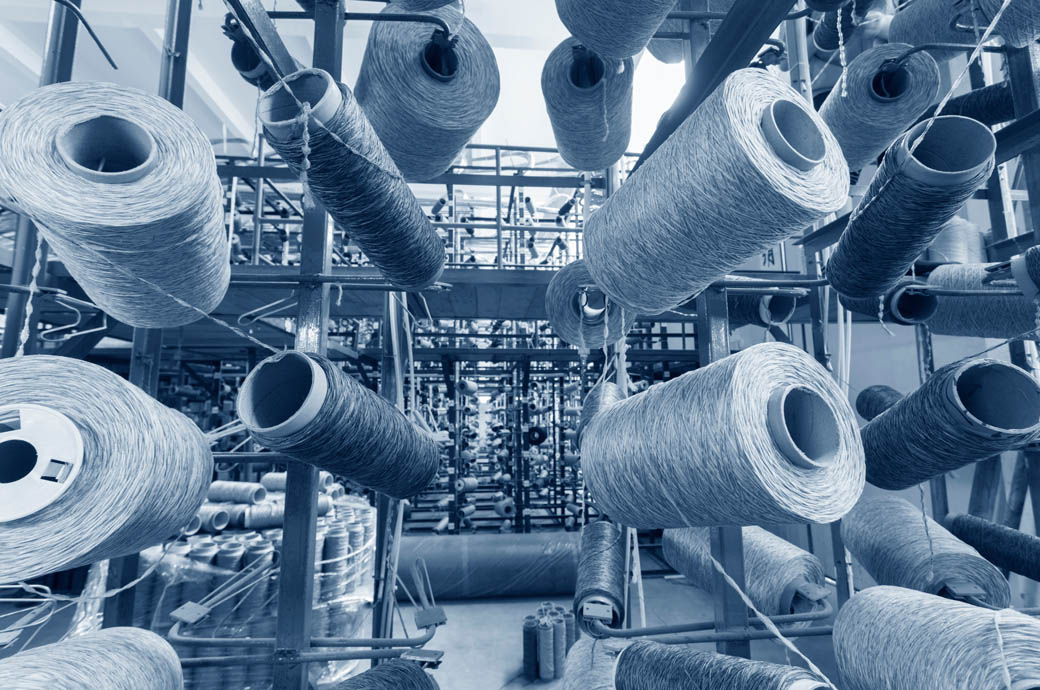

Trung stated that the ministry had submitted the proposal to the Ministry of Justice for appraisal, awaiting feedback to finalise the draft law.
He outlined six policy groups aimed at promoting the development of industrial parks and economic zones, aligning with Vietnam’s industrialisation, modernisation needs, and global trends like green, digital, and circular economies.
Firstly, policies supporting industry linkages and clusters within these zones were proposed to be expanded on a larger scale.
Secondly, specialised industrial parks such as supporting, high-tech, and eco-industrial parks were identified for targeted support due to their unique characteristics and contribution to innovation. The third group focused on developing modern, smart industrial parks to attract investments in emerging fields like digital and green economies, alongside energy-efficient practices.
The fourth group emphasised the integration of urban complexes within industrial parks, catering to both industrial and residential needs, promoting social services, and enhancing the quality of life for workers and residents.
The fifth group aimed at providing additional incentives, including tax breaks and financial support, particularly for businesses operating within specialised industrial zones. This measure aims to stimulate investment and foster the growth of these industrial parks.
Lastly, Trung highlighted the importance of revising administrative procedures to create a more favourable investment climate. These adjustments seek to streamline processes, enhance investor confidence, and improve the overall business environment nationwide.
Overall, these policies aim to facilitate industrial growth, create employment opportunities, and support economic restructuring, while also enhancing the investment environment and ensuring sustainability across Vietnam’s industrial zones and economic sectors.
Fibre2Fashion News Desk (DR)